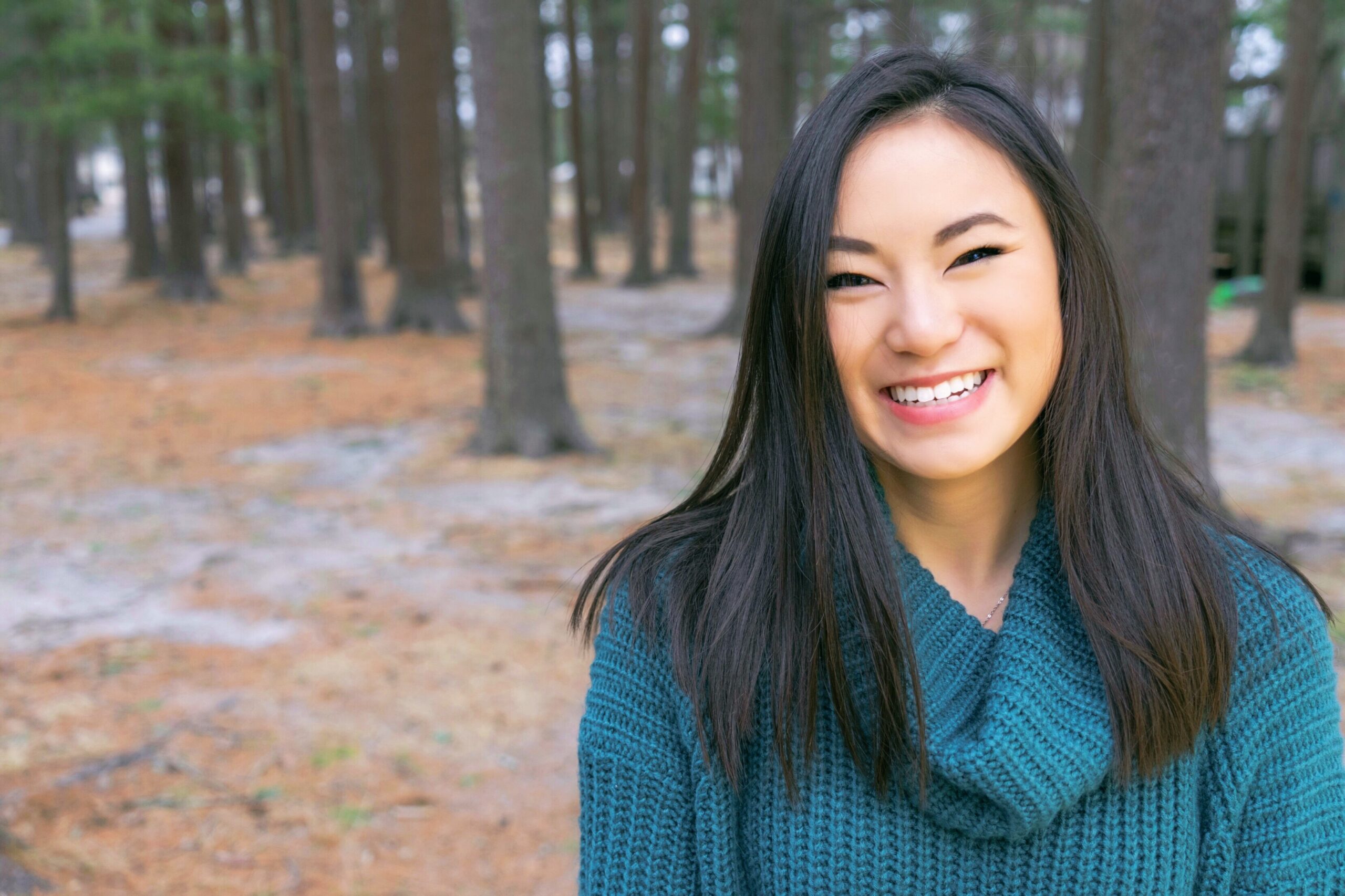New Mental Health Club commits to changing conversation on campus
November 2, 2018
 Courtesy of Rose Warren
Courtesy of Rose WarrenTo Rose Warren ’21, there is an obvious need at Bowdoin for more student discussion of mental health. Three weeks ago, she received an official charter from the Student Organizations Oversight Committee to found the Mental Health Club.
The idea for the club “just kind of came to me like a lightbulb,” Warren said.
She cited the perceived tendency of Bowdoin students to hide mental health problems as a major factor for the need of a student-led group that advocates for awareness.
“Bowdoin is such a hard school and a lot of people pretend like they are OK and happy all the time, which is pretty problematic,” she said. “They are not seeking help because they think everyone around them is OK.”
In addition, Warren argued that mental health is often not viewed as equally important to physical health. She brought up examples of professors giving extensions for broken arms and coaches excusing practice absences for minor illness but not for mental health issues—sentiments that were expressed at a panel on athletics and mental health last year.
The problem, according to Warren, isn’t a lack of caring, but stems from students’ inability to actively consider solutions to the issue.
“I think a lot of students and administrators do care about [and discuss] mental health, but they don’t know exactly how to deal with it,” she said.
To increase the mental health dialogue and decrease the stigma surrounding it, she plans for the club to work with organizations both on and off campus. For Warren, mental health encompasses all aspects of student and academic life.
“I want to give students the opportunity to express their mental health experiences in relation with their other identities,” Warren said.
She says the club could potentially work with the Bowdoin Queer-Straight Alliance and the African American Society to discuss and spread awareness about the mental health of LGBTQ+ and African American Students, respectively.
In particular, Warren would like to partner with the athletic community. As a member of the squash team, she knows how mental health and athletics are intertwined. Playing with poor mental health will have a negative effect on performance. Warren believes having athletes come together to talk about their experiences with mental health would help propagate the idea that mental health is as important as physical health.
“If you are not feeling well mentally, that should be as valid as your having a cold, because if you have a cold, you don’t come to practice,” she said.
One issue Warren noted about counseling is that counselors are often overbooked. Warren also acknowledged that campus-wide misconceptions can often stop students from seeking help.
“There’s a perception that students don’t want to go to counseling because counseling is tied to the administration,” Warren said. “I think that we can begin to reduce the stigma when we bring the administration in, thereby treating it as something that does not need to be hidden.”
Warren is also considering collaborating with and getting insight from counseling centers, private counselors and eating disorder clinician practices in Brunswick. She hopes students who are clients at the various practices could tell counselors about the club and learn if they want to contribute anything.
She would also like to work with and educate the local Brunswick elementary, middle and high schools.
“[Some students] aren’t really even sure of what mental health disorders are,” Warren said. “Starting at a young age and instilling the mindset that your mental health is completely valid and that you don’t need to be ashamed of it is really important because, going into college, you will have a better relationship with yourself.”
The club received 130 sign-ups at the club fair and Warren said that this high level of interest indicates how important mental health is, how little it’s talked about and how much students want to talk about it.
There are currently eight people on the leadership team and two advisors: Assistant Director of Career Planning Bethany Walsh and Associate Director of Outreach and Group Programming Bryan Mendiola. Warren met with them last Sunday to discuss what roles people should play and what the structure of the club should be. Since it’s a new club, they agreed to keep things open-ended.
“[We are an] ever-evolving club which takes into account student and campus needs,” Warren said.
During their Sunday gathering, the leadership team also talked about doing weekly tea and dessert positivity talks where students can talk about their weeks and learn how to talk about themselves in a positive manner. General meetings will be held once a week on Sundays.
“We need to be getting to hear people’s ideas right off the bat to set a precedent that this is a club to be taken seriously,” Warren said.

Comments
Before submitting a comment, please review our comment policy. Some key points from the policy: